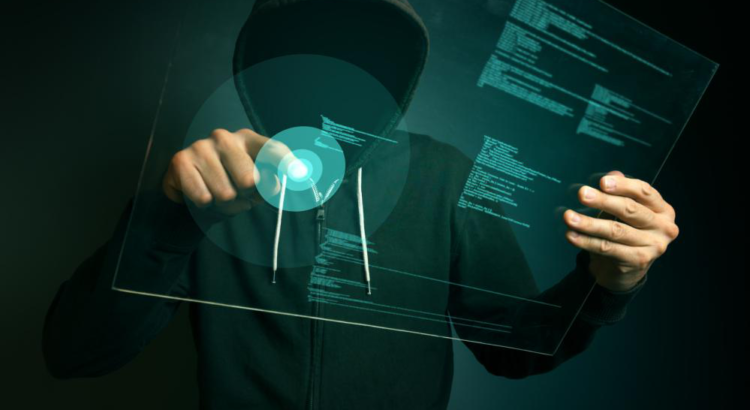You have installed the latest version of an antivirus program, set up a firewall and patched up all your outdated software.
With that, you can now finally relax and not worry about…Oh wait! You forgot to instruct your employees to run a daily scan on their systems just to make sure everything remains safe and secured.
Take 2,
You can now finally relax and not worry about…your computer systems getting hacked.
Warning! Your computer’s security is still at risk
For, you have exercised all the precautions against the known computer security threats—the malwares, the viruses, the Trojans—but what about those security threats that are common without being common? These are the computer security threats that we often end up ignoring and they can be as devastating as any.
Which computer security threats are we referring to?
The Internal Threats
We are talking about your employees. And, while your employees are your most valuable resources and deserving of your trust, they may also exploit your company’s vulnerabilities.
While loyal employees would refrain from getting involved into such a practice; the disloyal and the disgruntled ones may not. Corporate history is primed with examples of such employees.
What You Can Do: To mitigate the risk of internal breaches, compartmentalize important sets of data and place controls over its access. Share the password with only trusted few and constitute strict policies against sharing of the access credentials.
Plug-Ins That You Cannot Trust
USB drives and other media storage devices that your employees bring with them to the office can often be infected with a malware or virus. Because these devices are mostly in personal use of employees, and an employee’s personal computer system is not robustly equipped in terms of security.
But what about the anti-virus software installed in your company’s systems—it would detect any virus the plug-in has been infected with, right?
Yes, but some antivirus programs do not come with auto-scan feature. They ask the user for the permission to run the scan, and your employees having full trust in the device that they are carrying, may or may not run the scan after plugging it.
Can you take that risk?
What You Can Do: There are multiple approaches that you can take. You can either include a provision in your company’s policy where you disallow all employees to carry a personal storage device with them and rather utilize cloud storage platforms for data sharing purpose. Or, where necessary, you can instruct your employees to run a scan regardless of whether the security suite asks for the permission or not.
Installing an antivirus software that comes equipped with USB drive protection feature would further reinforce the security measures.
Your Webcam
Surprised? Indeed, your webcam can serve as a gateway for hackers to spy on your computer activity. They can see everything. What you are doing, what you are typing, what files you are accessing, the passwords—everything.
What You Can Do: Place a tape over your webcam—the Mark Zuckerberg way—when your webcam is not in use. You can regulate which computer app should use the webcam and which should not. You can also install software, like WhoStalksMyCam, that notifies you every time a computer program tries to access the webcam.
In summary, protecting your computer system against security threats is a never-ending process. It requires a dynamic and a comprehensive strategy, especially where enterprise-level networks are concerned.
Need Help with Reinforcing Your System Security?
Rete Consulting can help you. We provide expert IT consultation services and managed IT support services to make sure your enterprise level network and IT infrastructure remains protected against all computer security threats. Contact us for free consultation.
